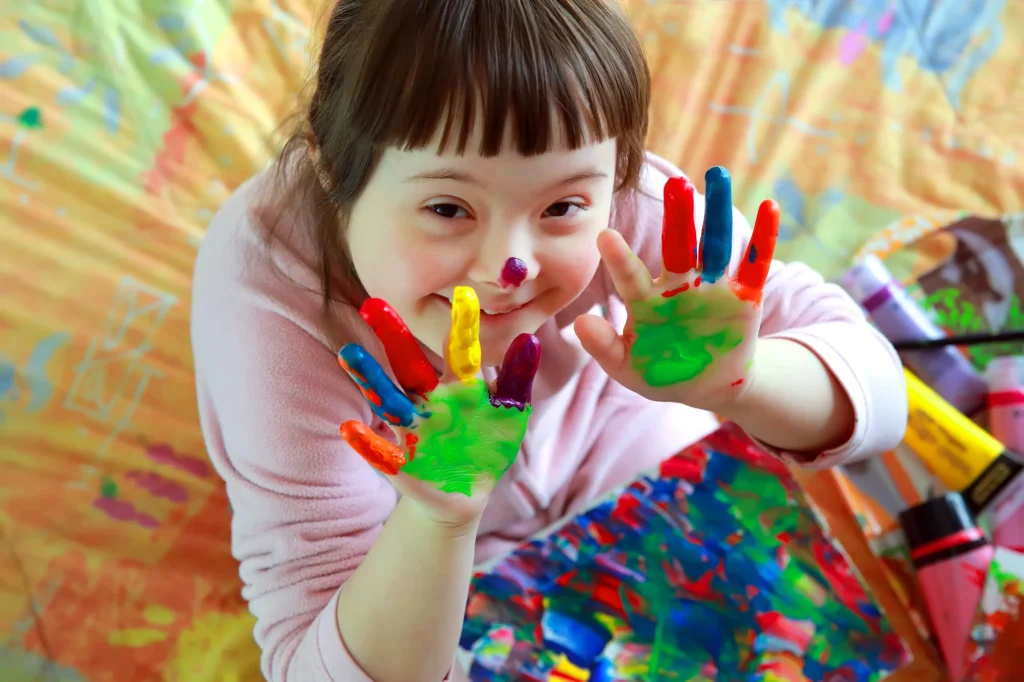Many people associate post-traumatic stress disorder (PTSD) with military veterans. However, the fact is that anyone who has experienced a traumatic, scary, shocking or life-threatening event can develop the condition. It could be a car accident, a sexual assault or a natural disaster, for example.
PTSD is diagnosed if symptoms such as flashbacks, social anxiety and nightmares persist for a month or longer and negatively impact a person’s everyday life. PTSD is a common condition, however it remains fairly misunderstood. Below are some persisting myths about the disorder that are incorrect.
1. PTSD is a Chronic Condition That Can’t Be Treated
PTSD is sometimes viewed as a mental illness that can’t be effectively treated. This isn’t true and sufferers have a variety of treatment options, including:
- Psychotherapy – e.g. talking to a psychiatrist or a psychologist in a one-on-one or group setting.
- Exposure therapy – which involves facing and controlling fears related to the trauma, e.g. visiting the site of the traumatic event.
- Medications – e.g. antidepressants to help manage feelings of anxiety, sadness and anger.
There may be other forms of treatment that are helpful depending on the circumstances. For example, a therapist may provide you with sleep, diet and fitness tips to help you in day-to-day life.
2. PTSD is a Sign of Weakness
Developing PTSD is not a sign of mental weakness or weakness of character. It is an understandable human response to traumatic experiences. Although many people who live through traumatic events can recover, there are several factors that may influence whether someone develops PTSD, including:
- Severity of the trauma
- Type of trauma
- Neurobiology
- Whether the person has a support system to help them
- Duration (i.e. was the trauma a one-time event or long-term?)
- Number of traumas (i.e. previous trauma experienced in youth or experiencing multiple traumas at once or compounded upon one another)
Individuals are at increased risk for PTSD if they do not have a good interpersonal support system, which is worsened by the stigma surrounding the condition.
3. People With PTSD are Unstable or Dangerous
PTSD is not characterised by psychosis or violence, a myth that is often perpetuated in entertainment media. Rather, symptoms of PTSD often involve coping with the memory and implications of a traumatic experience (e.g. experiencing distressing flashbacks and changes in mood).
4. People with PTSD Cannot Function Normally
There’s another myth that suggests PTSD sufferers cannot function in the real world. But this isn’t true at all. Most of us would be unable to identify a PTSD sufferer unless they took us into their confidence about their experience with PTSD. Everyone has their off days and people living with PTSD are no exception. However, people with PTSD can live normal, happy lives with the right support.
Need to Talk to Someone?
Need to talk to a psychologist? At EDUCARE we can help children, teens and adults if they need help with PTSD or any other mental health issue. Make a booking online or contact us for more information about our adult and child psychologist services.




